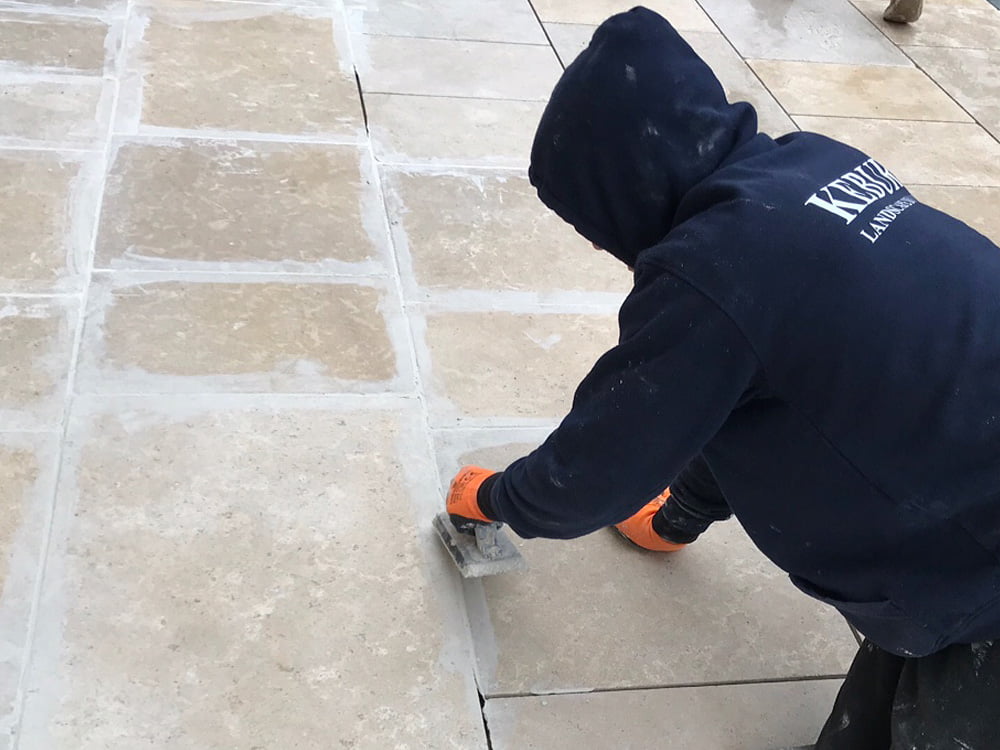If you’re someone who has ever wondered about the practical uses of cement grout, you may have questioned whether it’s just another construction material. However, cement grout serves a specific purpose that goes beyond mere aesthetics. Understanding its composition and how it functions can shed light on its significance in various projects. Stay tuned to discover the essential aspects of cement grout that might just surprise you.
Composition of Cement Grout
- When preparing cement grout, the composition typically consists of a mixture of cement, water, and sometimes additional additives for specific desired properties. The grout mixture is crucial for the successful application of cement grout in various construction projects. The correct ratio of cement to water is essential to ensure the proper consistency and strength of the grout. Adding too much water can result in weak grout that won’t hold up over time, while too little water can make the mixture too thick and difficult to work with.
- In addition to cement and water, other additives such as sand, gravel, or polymers can be included in the grout mixture to enhance certain properties. Sand can improve the texture and durability of the grout, while polymers can increase flexibility and adhesion. Understanding the components of the grout mixture is crucial for achieving the desired results in grout application. Proper mixing techniques and attention to detail during the preparation stage are essential for ensuring a successful outcome in any grout application project.
Types of Cement Grout
- Various types of cement grout offer distinct properties and applications in construction projects. Non-shrink grout is commonly used for heavy machinery and column base plates due to its minimal shrinkage during curing. Precision grout, with fine particles, is ideal for machinery installation where exact alignment is crucial. High-performance grout is suitable for applications requiring high strength and resistance to chemicals and heavy loads. Epoxy grout, known for its durability and stain resistance, is preferred in areas prone to spills and stains.
- For grout application, follow manufacturer instructions for mixing ratios and curing times to ensure optimal performance. Proper grout sealing is essential to prevent water intrusion, staining, and microbial growth. Sealants should be applied after the grout has fully cured to enhance durability. Regular maintenance and resealing will prolong the lifespan of the grout and maintain its integrity. Choose the appropriate type of cement grout based on the specific requirements of your construction project to achieve the best results.

How to Use Cement Grout
- To effectively utilize cement grout in your construction project, ensure you understand the specific application requirements based on the type of grout selected. When it comes to grout application techniques, it’s crucial to follow the manufacturer’s instructions carefully. Start by mixing the grout to the right consistency, typically resembling peanut butter. Apply the grout using a rubber float at a 45-degree angle, pressing it into the joints firmly. After 15-30 minutes, when the grout starts to set, use a damp sponge to clean the excess grout off the tiles in a diagonal motion.
- Grout color options play a significant role in the aesthetic of your project. Choose a color that complements the tiles or creates a striking contrast for a unique look. Remember that the color of the grout can impact the overall appearance of your tiled surface. Before application, conduct a test area to ensure the chosen color achieves the desired effect. It’s essential to seal the grout after it has fully cured to protect it from stains and water damage, enhancing its longevity and appearance.
Benefits of Cement Grout
- Considered a versatile and durable material, cement grout offers numerous benefits in construction projects. One of the key advantages of cement grout is its ability to fill gaps and cavities effectively, providing structural stability and preventing water seepage. This helps in maintaining the integrity of the structures over time. Additionally, cement grout is highly resistant to shrinking and cracking, ensuring long-term durability.
- Application techniques play a crucial role in maximizing the benefits of cement grout. Proper mixing and installation are essential to achieve optimal results. When applying cement grout, ensure thorough consolidation to eliminate voids and achieve uniform distribution. Adequate curing time is also critical to enhance the strength and performance of the grout.
- Moreover, cement grout offers versatility in terms of customization. It can be modified with additives to improve properties such as flowability, strength, and chemical resistance, making it suitable for a wide range of construction applications. Overall, the benefits of cement grout make it a valuable material for enhancing the quality and longevity of construction projects.
Maintenance Tips for Cement Grout
- Applying regular cleaning and sealing routines is essential for maintaining the longevity and performance of cement grout in construction projects. Grout sealing is a crucial step to protect the grout from moisture, stains, and mold growth. It creates a barrier that prevents water and liquids from penetrating the grout, thus enhancing its durability. To seal cement grout effectively, choose a high-quality grout sealer and apply it as per the manufacturer’s instructions.
- Grout cleaning is another vital aspect of maintenance. Regular cleaning helps prevent dirt and grime buildup, keeping the grout looking fresh and extending its lifespan. Use a pH-neutral cleaner specifically designed for grout to avoid damaging the material. Scrub the grout lines gently with a brush to remove any dirt or residue. Additionally, consider using a grout cleaner with a built-in sealer for added protection and convenience.
Conclusion
In conclusion, cement grout is a versatile material used for filling gaps and reinforcing structures. Its composition typically includes cement, water, and sometimes additives for specific purposes. There are different types of cement grout available, each with unique properties and applications. Proper usage and maintenance of cement grout can ensure its longevity and effectiveness in various construction projects. Consider the benefits and maintenance tips discussed to maximize the performance of cement grout in your next project.